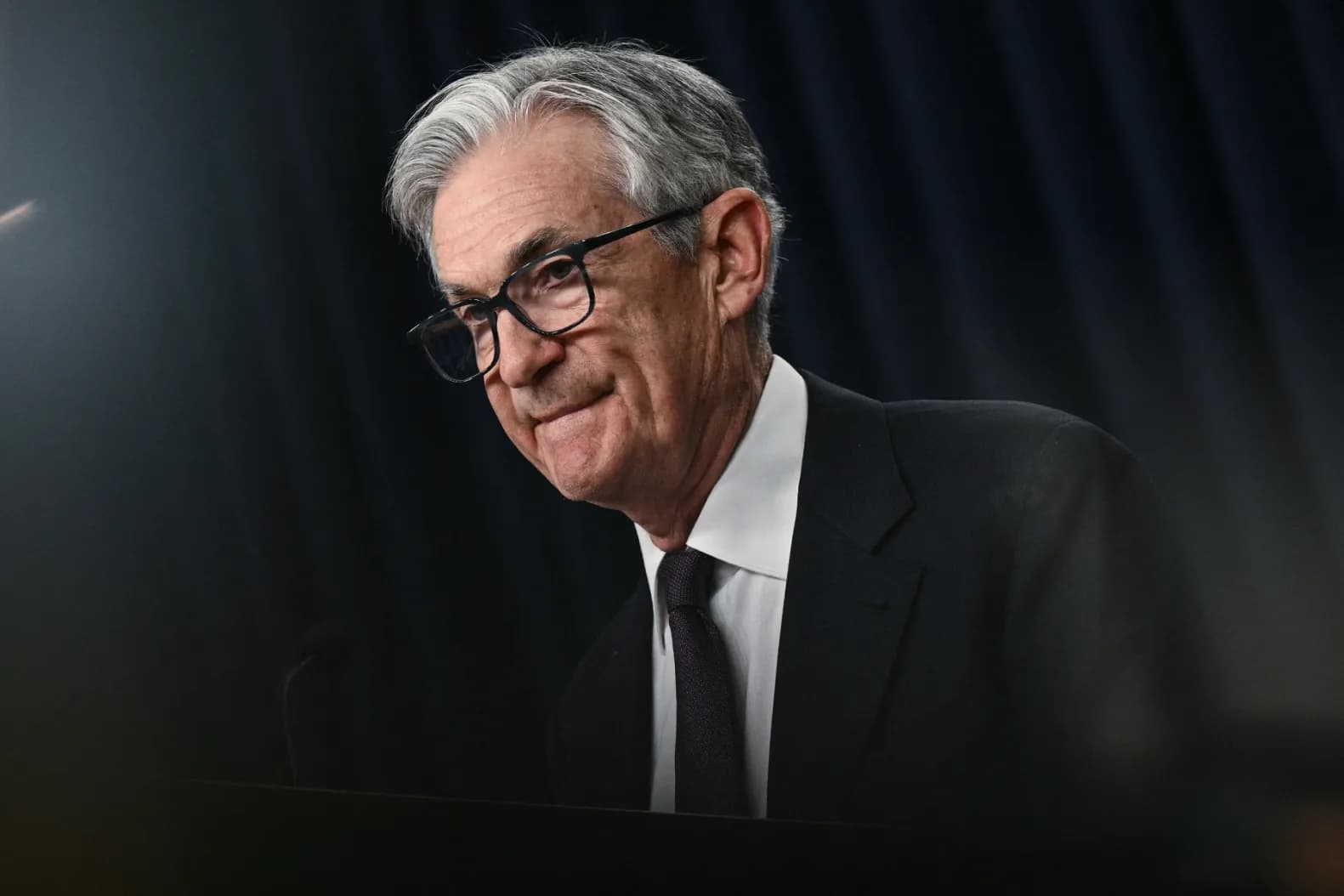We're loading the full news article for you. This includes the article content, images, author information, and related articles.
A top US Federal Reserve official's forecast of sustained inflation could signal prolonged pressure on the Kenyan shilling, potentially increasing import costs and external debt servicing for Nairobi.

WASHINGTON D.C. – A senior official at the United States Federal Reserve has warned that American inflation is likely to remain high into next year, a development with significant implications for the Kenyan economy. Federal Reserve Governor Lisa Cook, speaking on Monday, November 3, 2025, identified the delayed impact of US trade tariffs as a key driver for the sustained price pressures.
“My outreach to business leaders suggests that the pass-through of tariffs to consumer prices is not yet complete,” Governor Cook stated during an address at the Brookings Institution, a prominent Washington-based think tank. She explained that many American companies have been absorbing costs or using existing inventories before increasing prices for consumers, meaning the full inflationary effect of the tariffs has yet to be felt. “As such, I expect inflation to remain elevated for the next year,” Cook concluded, while affirming the central bank's readiness to “act forcefully” if inflation becomes more persistent than anticipated.
The latest available data from the U.S. Bureau of Labor Statistics showed US annual inflation at 3.0% for the year ending September 2025, a figure that remains above the Federal Reserve's long-term target of 2%.
Decisions made by the US Federal Reserve have a direct and often immediate impact on economies like Kenya's. Persistent inflation in the US typically means the Federal Reserve will maintain higher interest rates to cool down the economy. This policy strengthens the US dollar against other world currencies, including the Kenyan shilling.
A stronger dollar presents several challenges for Kenya:
Conversely, should the US manage to bring inflation under control, leading to interest rate cuts, it could provide relief for Kenya. A weaker dollar would ease pressure on the shilling, lower import costs, and potentially attract foreign investment as investors seek higher yields in markets like Nairobi.
Governor Cook's remarks come at a time of complex economic signals. The Fed recently cut its benchmark interest rate for the second consecutive time, a move Cook supported, citing that “the downside risks to employment are greater than the upside risks to inflation.” This highlights the delicate balancing act the central bank faces between controlling inflation and preventing a sharp economic downturn.
In Kenya, the economic situation is also nuanced. The annual inflation rate for October 2025 was 4.6%, according to the Kenya National Bureau of Statistics (KNBS), remaining unchanged from September. This rate is within the Central Bank of Kenya's (CBK) target range of 2.5% to 7.5%. However, the KNBS data also revealed significant price increases in essential categories, with year-on-year food and non-alcoholic beverage inflation at 8.0% and transport costs rising by 4.8%. In an October 2025 report, the CBK projected that inflation would remain stable at around 5.25% through 2026, citing steady commodity prices and a resilient shilling.
The warning from the US Federal Reserve underscores the interconnectedness of the global economy. While Kenya's domestic inflation remains within the target range for now, sustained price pressures in the world's largest economy could create significant headwinds, impacting everything from the price of fuel at the pump to the nation's ability to manage its foreign debt obligations.
Keep the conversation in one place—threads here stay linked to the story and in the forums.
Sign in to start a discussion
Start a conversation about this story and keep it linked here.
Other hot threads
E-sports and Gaming Community in Kenya
Active 9 months ago
The Role of Technology in Modern Agriculture (AgriTech)
Active 9 months ago
Popular Recreational Activities Across Counties
Active 9 months ago
Investing in Youth Sports Development Programs
Active 9 months ago